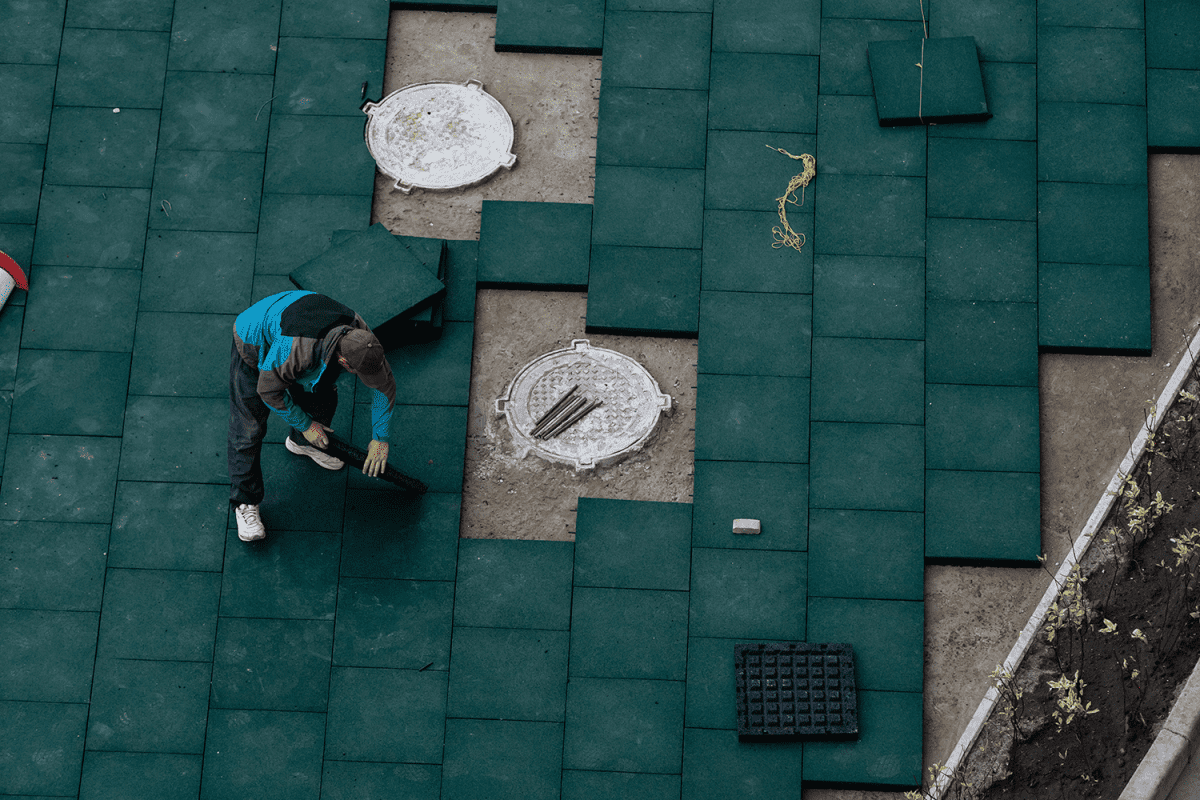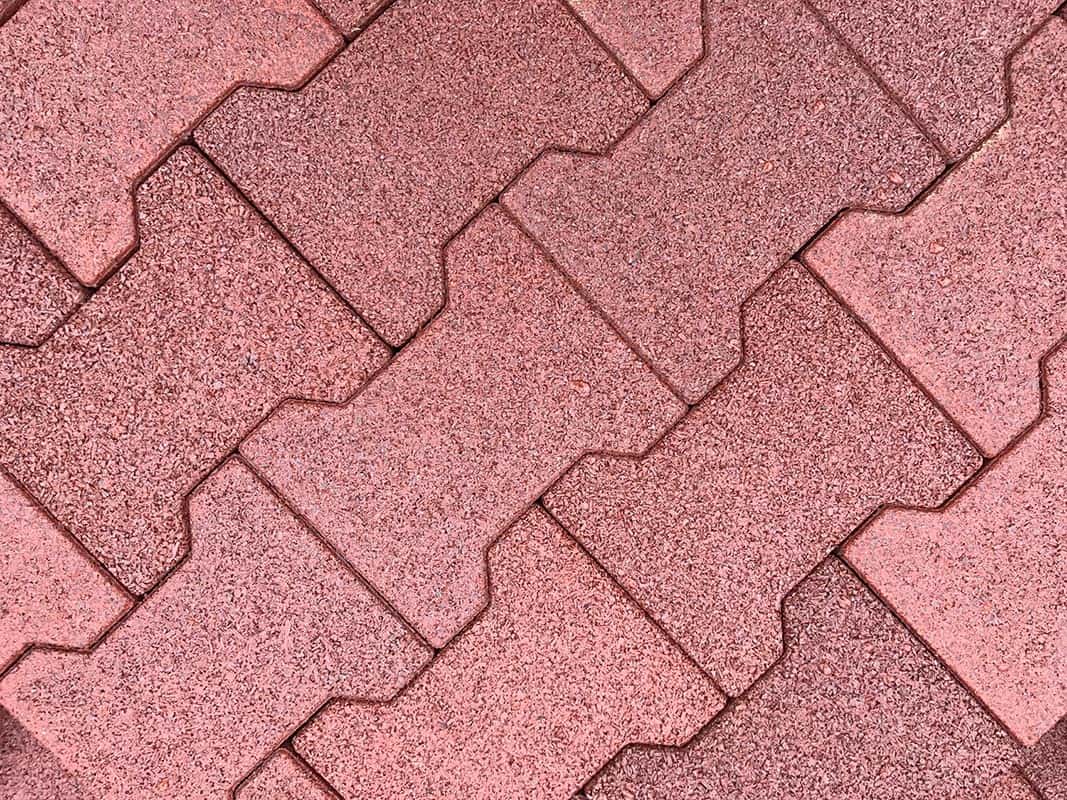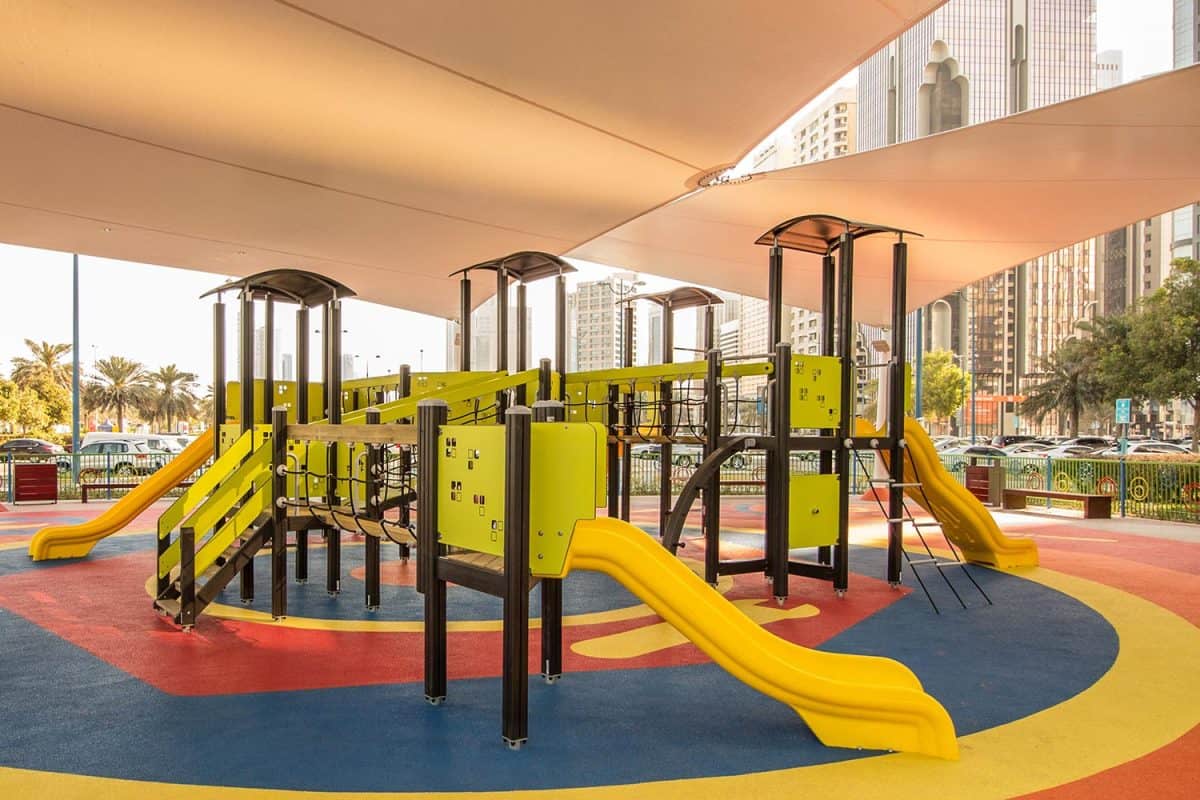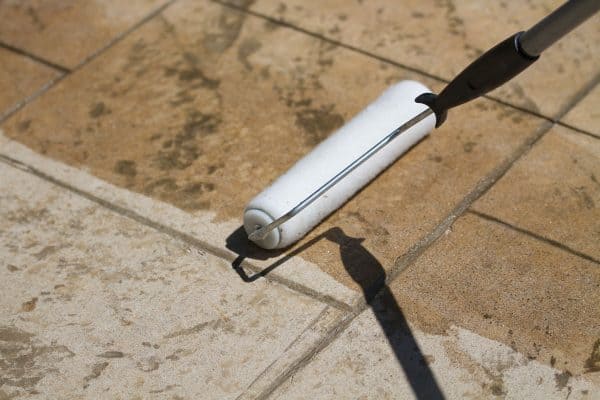Disclosure: We may get commissions for purchases made through links in this post.
Looking for a paving solution for your driveway? Concrete is the most popular option, but it does crack and buckle over time. A great alternative to concrete pavers is recycled rubber pavers, a proven reliable paving solution. But are they good for your driveway in particular? We've done the research to find the answer to this important question.
Yes, rubber pavers are good for driveways! They have several beneficial features, including extreme durability, weather resistance, and shock absorption, which make them ideal for the amount of traction and traffic that a driveway gets. Installing them is also cheap and easy, and they come in a wide variety of color options that you can choose from to match the style of your home.
That said, like all other paving solutions, rubber pavers do have a few drawbacks. Find out what the pros and cons of this paving choice are by reading the rest of the article! We'll explore this topic in-depth and answer other questions related to rubber paving.
![A colorful soft recycled rubber tiles, Are Recycled Rubber Pavers Good For Driveways? [A Comprehensive Review Of Pros & Cons]](https://pavingplatform.com/wp-content/uploads/2022/03/Are-Recycled-Rubber-Pavers-Good-For-Driveways.-800x1200.png)
Pros of Recycled Rubber Pavers
Considered a modern paving solution, recycled rubber has only been used as pavers in residential and commercial properties for the past 10 years. Despite its relative newness in the game, it's grown in popularity among homeowners and business owners alike for being a reliable and cost-effective material.
Now there are a lot of advantages to installing rubber pavers in your home. Take a look at some of its most exceptional features:
1. Durability
Made with hardened recycled rubber, rubber pavers can hold up well against extreme temperatures and everyday wear and tear.
In fact, it's designed to expand with changes in weather, meaning it won't crack or freeze even when it's exposed to the harshest cold. Ice doesn't form on the surface, instead, it simply melts away. No matter what season it is, you can rely on your rubber pavers to perform well.
So unlike concrete which shows visible signs of wear and tear with regular use, rubber pavers don't buckle - they will look almost exactly the same for years to come. This ensures you won't have to keep shelling out to replace, repair, or refresh your surface.
2. Safety
One of the features that secured rubber pavers' reputation as an excellent paving solution is their safety. With a slip-resistant and shock-absorbent surface, they can help prevent unwanted accidents.
This feature is particularly beneficial for your driveway. When it rains, you won't have to worry about sliding while driving on a wet surface. The traction of rubber pavers will keep this from occurring.
It's also helpful if you have kids, pets, or elderly people at home. Wet conditions can make your driveway slippery, leaving these family members at high risk for slips or falls that may cause injury. With rubber pavers, you can rest assured that everyone in the family can walk safely on the driveway.
3. Easy installation

Both concrete pavers and rubber pavers are installed by laying interlocking pavers on a bed of sand or gravel, although rubber pavers are best applied over a concrete or asphalt surface.
What sets rubber pavers apart from their concrete counterparts is that they don't require a flat surface for proper installation. Because they're flexible by nature, they can be applied to uneven ground.
This means that installing them is DIY-friendly! You can cut down on costs by applying them to your driveway on your own. This DIY job may take anywhere from 6 to 24 hours.
4. Hassle-free maintenance
At some point, you will have to perform repairs on your driveway. The good news is that removing rubber pavers is an effortless task! They pull off quite painlessly, so you can remove or reposition them without hassle.
Cleaning rubber pavers is also an easy task. A weekly sweeping and a monthly cleaning with a pressure washer will suffice in keeping it free from dirt and grime buildup. Rubber also doesn't absorb bacteria, making it safe and hygienic for the home.
5. Affordable price
Rubber pavers are cost-effective and cheaper than concrete or natural stone pavers. IIn addition, because they can be applied over concrete, you can install them on your existing driveway and give your exterior a stunning new look without spending a fortune.

6. Customization options
Enhancing your curb appeal doesn't just upgrade the look of your home; it also serves as an investment for the future since it can increase the value of your home.
Fortunately, rubber pavers come in a wide variety of styles and colors. You can choose particular designs to express your unique tastes and help your driveway match seamlessly with the rest of your beautiful home.
7. Eco-friendly material
Rubber pavers are typically made from old car tires, making them the most environmentally friendly paving option on the market. If you're concerned about incorporating green options into your lifestyle, then these pavers are the ideal choice for you.
Cons of Recycled Rubber Pavers
Of course, recycled rubber pavers are not without their disadvantages. It's important to weigh these drawbacks against their benefits to help you make the right choice for your driveway.
Here are a few cons of recycled rubber pavers:
1. Aesthetic disadvantage
While rubber pavers come in different designs, they still look like rubber - which can be off-putting to a few homeowners. If you have a very specific look for your home in mind, take note that rubber pavers aren't the most elegant paving option out there.
2. Occasional rubber smell
Extremely hot weather can make a noticeable rubber smell arise from the pavers, resulting in a rather unpleasant outdoor environment albeit temporarily.
3. Unpredictability of longevity
Because rubber pavers are new to the market, there's no way to know for certain how long they will hold up. While they're made from extremely durable material, other factors unknown at this time may affect their longevity in the future.
Are rubber pavers worth it?
This depends on your specific needs and preferences, but in general, rubber pavers are worth installing in your driveway! Their durability and slip resistance offers a strong and stable surface, making them a convenient and reliable paving solution.
Can you put rubber pavers on dirt?
Yes! You can install rubber pavers on dirt, grass, wood, or concrete. So if you're thinking of installing them on your patio, your children's play area, or your walkways, you can be sure that they're suitable for any exterior part of your home.

How long does a rubber driveway last?
Rubber paving on driveways is expected to last well over 20 years.
How long before you can drive on rubber paving?
In general, it's best to wait at least 72 hours after installation before driving on rubber pavers. However, you can walk on the surface 24 hours after installation.
Do rubber pavers get hot?

Yes. Like all paving solutions, rubber pavers get hot under the sun. However, on the bright side, they don't get as hot as concrete.
Is rubber paving cheaper than concrete?
The answer to this question is quite complicated. Rubber pavers cost around $7 to $15 per square foot, while concrete pavers cost $3 to $6. So in terms of materials alone, concrete is cheaper than rubber pavers.
However, because concrete pavers are more difficult to install and often require professional services, they're much more expensive when you factor in installation and maintenance costs.
Rubber pavers, on the other hand, can be installed without professional assistance. It also doesn't require a lot of upkeep, so they're cheaper in the long run.
How do you clean rubber pavers?
While it's a low-maintenance paving solution, rubber pavers still require regular cleaning to keep them clean and presentable. Here are a few tips and tricks for cleaning your rubber pavers:
- Sweep your pavers regularly using a broom with soft bristles to avoid damaging the surface.
- Clear away dirt, leaves, and debris as soon as they're visible.
- Inspect the corners between the pavers for trapped debris.
- Use a plastic shovel to remove snow. You can also get a snow blower for this task.
- Remove stains by applying warm water mixed with a mild cleaner on the surface. Rinse it with a high-pressure washer on low setting.
Check out this high-pressure washer on Amazon.
In Closing
Rubber pavers are a durable, long-lasting paving solution that offers plenty of benefits for your driveway. Not only do they offer a strong surface that can withstand heavy loads and constant traffic, but they also offer a safe, visually appealing, and eco-friendly alternative to concrete pavers.
Before you purchase them, though, make sure you have their disadvantages in mind. They tend to be less attractive compared to other paving options and release a rubber smell in hot weather. There's also no way to ensure how long they'll last even though they're made from extremely strong material.
With the pros and cons laid out clearly, you can make your decision and spruce up your driveway with your choice of pavers!
Liked this article? Check out these other awesome posts related to driveways:


![Vibrant Red Paver Stone Path, Can You Spray Paver Sealer? [How To Apply It]](https://pavingplatform.com/wp-content/uploads/2022/04/Vibrant-Red-Paver-Stone-Path-600x400.jpg)
![Properly laid out red pavers for a garden, Can You Tint Paver Sealer? [And How To]](https://pavingplatform.com/wp-content/uploads/2022/04/Properly-laid-out-red-pavers-for-a-garden-600x400.jpg)
